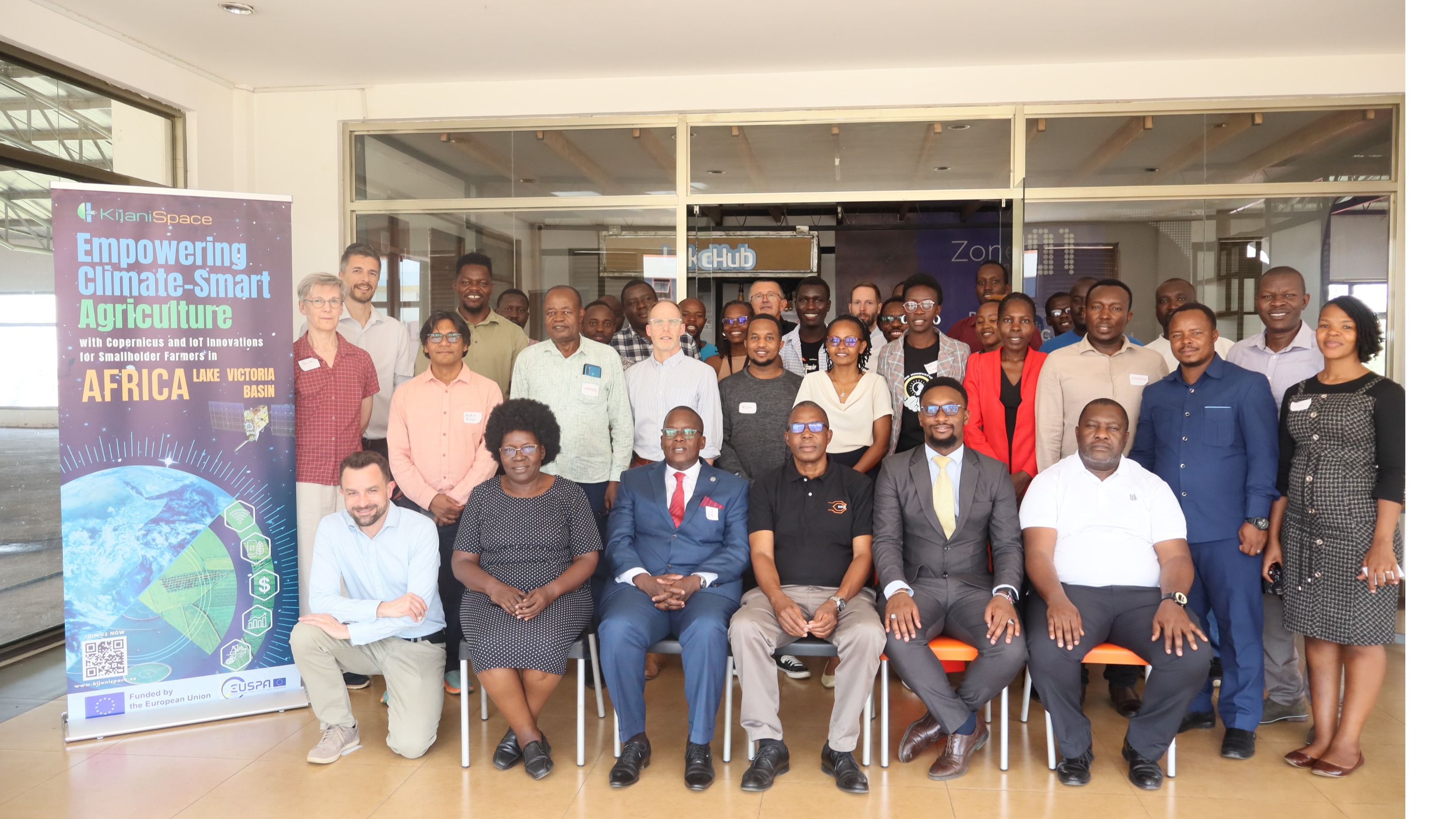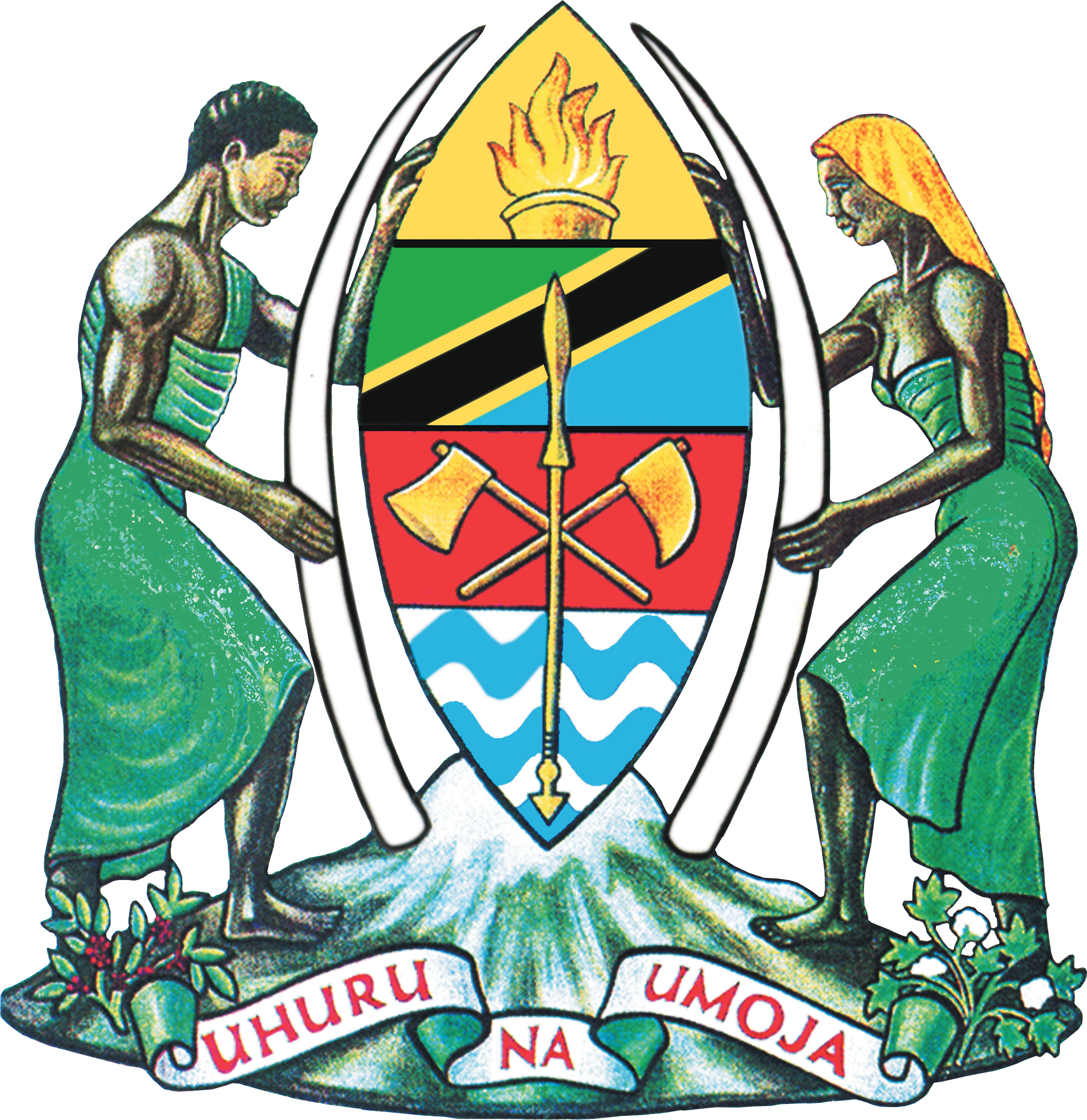MJNUAT PARTICIPATES IN GROUNDBREAKING KIJANI SPACE PROJECT WORKSHOP IN KISUMU, KENYA

The Mwalimu Julius K. Nyerere University of Agriculture and Technology (MJNUAT) is actively participating in the implementation of the KIJANI Space Project—a transformative initiative aimed at enhancing climate-smart agriculture for smallholder farmers across Africa. The university is currently represented at the project’s first in-person meeting and multi-stakeholder workshop, taking place from 7th to 9th April 2025 in Kisumu, Kenya.
The KIJANI Space Project (Project No. 101180225), funded by the Horizon Europe Programme, brings together 13 institutions from seven countries across Europe and Africa. Running from October 2024 to September 2027, the project integrates Earth Observation (EO) data from the Copernicus Programme with Internet of Things (IoT) technologies to address challenges in both crop and fish farming. It is coordinated by INNOTEC21 GmbH of Germany and focuses heavily on cross-continental collaboration and knowledge exchange.
Consortium partners include institutions from Germany, Czechia, Finland, Uganda, Kenya, Tanzania, and Switzerland. MJNUAT, as one of Tanzania’s representatives, plays a key role in the project’s Work Package 2 (WP2): Needs Assessment Survey, which is currently underway. This work package, led by the Lake Victoria Basin Commission (LVBC), aims to identify technological gaps and gather context-specific data on the use of IoT and satellite-derived information in agriculture across the Lake Victoria Basin.
During the Kisumu workshop, consortium members outlined their roles and shared how their institutions will contribute to achieving the project’s objectives. MJNUAT reaffirmed its commitment to supporting the needs assessment activities and will also co-organize the upcoming Tanzania multi-stakeholder meeting led by SIDO. In addition, the university will host an ideation workshop based on the outcomes of the survey, aimed at developing practical, tech-driven solutions for smallholder farmers.
Speaking at the workshop, Project Coordinator Dr. Abdur emphasized the importance of innovation in agriculture, stating:
“The KIJANI Space Project is focused on using IoT technologies and Copernicus data to address real-world challenges in African agriculture. By combining advanced tools and local knowledge, we aim to transform crop and fish farming, particularly in the Lake Victoria Basin.”
The needs assessment targets a wide range of stakeholders—including universities, research institutions, SMEs, policymakers, and civil society organizations. Data collection tools such as interviews, surveys, and group discussions are being employed to capture insights into existing initiatives and success stories involving remote sensing technologies.
MJNUAT’s involvement in KIJANI Space opens the door to a wealth of capacity-building opportunities for its staff and researchers. These include training in IoT-driven agricultural solutions, participation in innovation networks, and access to advanced digital and space-based tools designed to boost productivity and sustainability in agriculture.
This partnership reflects MJNUAT’s ongoing commitment to supporting national and regional development through research, innovation, and technology—especially in areas critical to food security and climate resilience.

